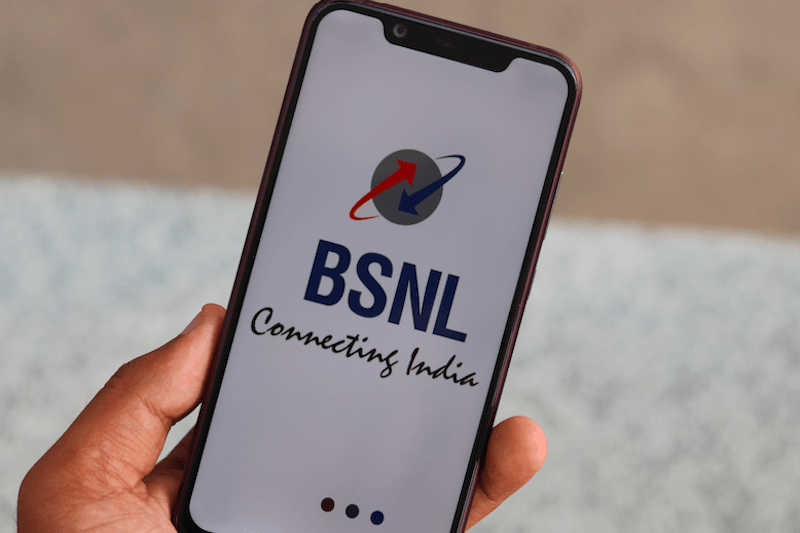New BSNL Receives Previously Surrendered 4G Spectrum from Government in 2500MHz Band
The Indian Government has returned the 4G spectrum to the state-owned telecom operator, Bharat Sanchar Nigam Limited (BSNL) which it had surrendered eight years ago to the government. To recall, back in 2010, during the first 4G auction in India, BSNL was allotted the spectrum in 2500MHz band in all its circles, however, it had surrendered the spectrum in its six expensive circles including Maharashtra, Karnataka, Tamil Nadu and Andhra Pradesh about seven years ago in lieu of obtaining a reimbursement of Rs 8,300 crore. Back then, BSNL was heavily cash-strained and lacked leadership which called for this trade-off as BSNL desperately needed the cash to survive.

BSNL Reclaims Surrendered Spectrum
Previously, it was expected that the operator would launch 4G services in India around the same time as other telcos like Airtel and Reliance Jio, however, because of the reasons mentioned above the telco could not sketch up an effective strategy to deploy wireless broadband services. Following the grim situations, when BSNL’s operations started getting affected because of its cash flow problem, the telecom operator was forced to return the spectrum and seek a refund.
However, when Reliance Jio made its foray into the 4G LTE wireless broadband segment in India, BSNL’s copper wire DSL lines were almost rendered obsolete because of their high maintenance costs. This again urged the state-led telco to go for 4G wireless broadband service, and the telco went ahead to seek 4G spectrum from the government. Back in September 2018, the government agreed to grant some spectrum to BSNL the payment for which was to be made over 16 years by the telco. During that time, the government had only allotted a 5MHz block in the 2100MHz band. This was actually the 3G band which was also usable for launching 4G services.
Telco to Strike a Balance Between Coverage and Data Speeds
However, as per an Ultra News report, the state-owned telecom operator possesses 4G spectrum in both 2100 MHz and 2500 MHz in all of its circles thus indicating that the surrendered spectrum has been returned back to the telecom operator. It is worth noting that the 2100MHz spectrum will be good for coverage, but it is unlikely to handle the data rates which the consumers have grown used to. On the other hand, the 2500MHz band will be able to provide speeds up to 60Mbp because it is based on a different technology within 4G.
Manoj Sinha remarked about this today, “Bharat Sanchar Nigam Limited (BSNL) was allotted 2x5MHz (paired) spectrum in the 2100 MHz and 20 MHz unpaired spectrum in 2500 MHz frequency band in 20 Licensed Service Areas (LSAs) to deploy any technology including 4G services.” He added to his words saying that BSNL had “applied for allotment of the spectrum of 2×5 MHz in 2100 MHz band in 19 service areas and for 2×5 MHz in the 800 MHz band in Rajasthan for deployment of 4G services.”
He also remarked that BSNL has the option of liberalising its spectrum in the 800 MHz, 900 MHz and 1800 MHz band to deploy 4G services. BSNL is already on the task of implementing 4G as it has done so in many districts of Kerala, as we reported earlier. We also obtained 4G speed test results on BSNL network which were impressive too.
[ad_2]

